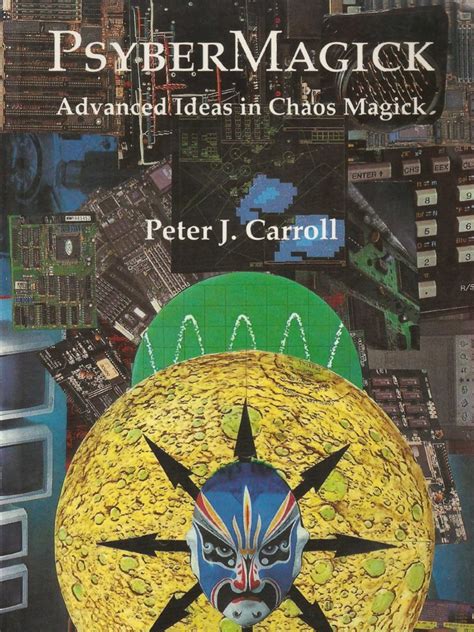A Quote by David Bohm
Then there is the further question of what is the relationship of thinking to reality. As careful attention shows, thought itself is in an actual process of movement.
Related Quotes
Then there is the further question of what is the relationship of thinking to reality. As careful attention shows, thought itself is in an actual process of movement. That is to say, one can feel a sense of flow in the stream of consciousness not dissimilar to the sense of flow in the movement of matter in general. May not thought itself thus be a part of reality as a whole? But then, what could it mean for one part of reality to 'know' another, and to what extent would this be possible?
Dialogue is really aimed at going into the whole thought process and changing the way the thought process occurs collectively. We haven't really paid much attention to thought as a process. We have engaged in thoughts, put we have only paid attention to the content, not to the process. Why does thought require attention? Everything requires attention, really. If we ran machines without paying attention to them, they would break down. Our thought, too, is a process, and it requires attention, otherwise its going to go wrong.
In the form of the oeuvre, the actual circumstances are placed in another dimension where the given reality shows itself as that which it is. Thus it tells the truth about itself; its language ceases to be that of deception, ignorance, and submission. Fiction calls the facts by their name and their reign collapses; fiction subverts everyday experience and shows it to be mutilated and false.
There is no unmoving mover behind the movement. It is only movement. It is not correct to say that life is moving, but life is movement itself. Life and movement are not two different things. In other words, there is no thinker behind the thought. Thought itself is the thinker. If you remove the thought, there is no thinker to be found.
No one can stop or control your thought process or your thinking. You can think anything you want. But that doesn't seem to be the point. The thinking process has to be directed into a certain approach... not in accord with certain dogma, philosophy, or concepts. Instead, one has to know the thinker itself.
In a deep metaphysical sense, all that is conditioned is illusory. All phenomena are literally 'appearances,' the outer masks in which the One Reality shows itself forth in our changing universe. The more 'material' and solid the appearance, the further is it from reality, and therefore the more illusory it is.
It's funny because you know the novel process: you get the drafts, you get the galley, and then you get the galley proofs. You have opportunities to change things all along. But the further along in the process you go, the more careful you have to be in making those changes, and the smaller the changes have to be.
My thought process when I'm on the court is always thinking about getting better, and thinking about how I'm playing. Thinking about it as a process, as the big picture and what I need to work on, instead of being close-minded and thinking, 'I'm so nervous and have to win this match, if I don't, it'll be the worst.'
All that's known is this: there is no central processor, no single computer. Nothing that simple. Millions of neurons process information simultaneously and in parallel, not linearly, but the actual chemistry and electrical properties of that integrative process are still being mapped. Even so, it seems odd that during the evolution of brain circuitry and thinking, the ability to understand itself did not get wired in. Such built-in innocence seems like a terrible oversight.
The conscious mind is a maelstrom of fleeting thoughts, images, sensations, feelings, conflicting desires, and doubts; barely able to confine its attention to a single clear objective for a microsecond before secondary thoughts begin to adulterate it and provoke yet further trains of mental discourse. If you do not believe this, then attempt to confine your conscious attention to the dot at the end of this sentence without involving yourself in any other form of thinking, including thinking about the dot.
We know only what we do, what we make, what we construct; and all that we make, all that we construct, are realities. I call them images, not in Plato's sense (namely that they are only reflections of reality), but I hold that these images are the reality itself and that there is no reality beyond this reality except when in our creative process we change the images: then we have created new realities.


































